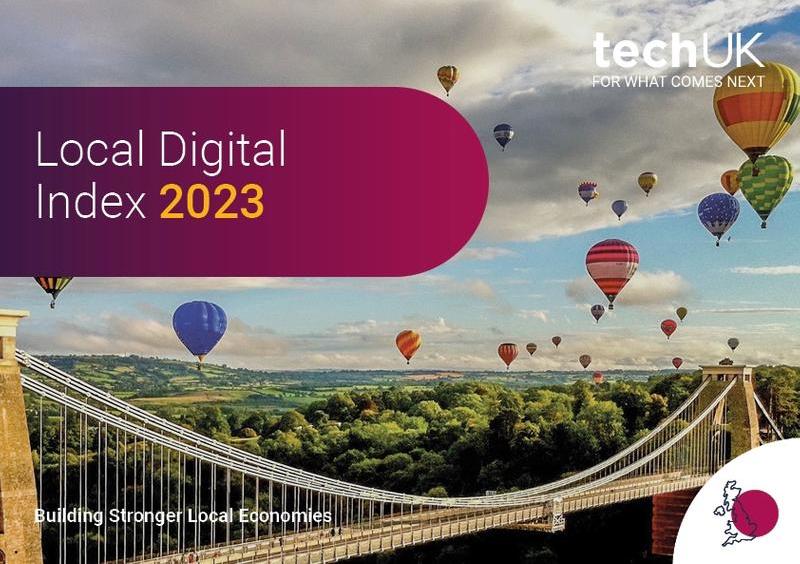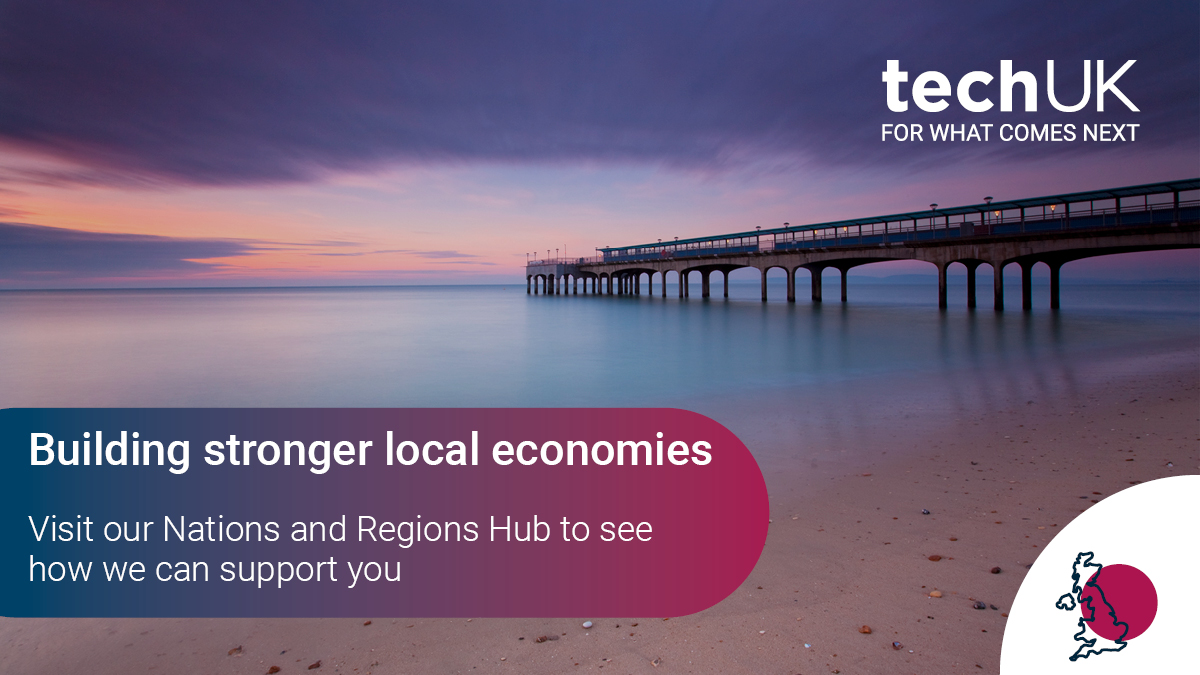Upskilling young people for the jobs of tomorrow: DXC Digital Futures Academy
The UK’s historical status as a leader in technology and digital is at risk. A pipeline of young talent has not materialised in competitive numbers despite implementation of education and skills strategies by successive governments, leading to a serious shortage of future science, technology, engineering and mathematics (STEM) leaders.
In Manchester, 25% of LSOAs (Lower Layer Super Output Areas) fall within the highest scoring groups on the government’s Digital Exclusion Index. With explicit connections between living in areas of high deprivation and low levels of social mobility, the city must act now to delivery on its digital strategy to expand its talent pipeline and generate economic growth whilst not reenforcing or widening a social divide.
At DXC Technology, we recognise not only the challenges facing the sector and the broader economy, but also opportunities to tackle them. As part of our commitment to driving social value and servicing those underrepresented in the tech world, we are giving young people the chance to get equipped from an early age with the skills they need to succeed in what is a thriving part of our economy and a key growth sector.
Equipping students for the future
The Digital Futures Academy is a four-year education programme led by DXC and Manchester United Foundation. Co-created by business experts, education leaders, social impact specialists and in consultation with Manchester City Council, the Academy strives to support and empower 50 young people spanning six schools within the Greater Manchester area, connecting them to opportunities they may otherwise not have access to, enhancing their career prospects and shaping the future of work.
The curriculum has been designed in partnership with DXC experts, local government and a teacher advisory group to complement their existing schoolwork. It combines digital skills and personal development coaching to holistically support students in not only building successful academic and professional careers, but importantly also developing resilience and communication skills to enable them to seize the new opportunities open to them.
To influence the pipeline of future talent, we must intervene early in a child’s education journey to provide encouragement to engage in technology, see opportunities in the sector, and influence positive career and life choices.
The scheme’s first intake, now entering its second term, is made up of students aged 12-13. This early intervention point, combined with regular sessions and touchpoints during the student’s four-year journey, makes our programme unique. The Academy’s objective is to make significant impacts before key education decisions are made - GCSE, college and A-level choices can be made as early as aged 14, but experiences inside and outside the classroom can shape life and academic choices long before this, making it essential for early positive reinforcement towards learning and development.
The opportunities of tomorrow
By introducing the students to key skills required in the technology sector, the Academy is helping build a future pipeline of local digital talent which will drive forward the city’s ambition of becoming a UK technology powerhouse and reversing scores of high deprivation and low social mobility.
Employment possibilities and skills requirements within the tech sector are constantly evolving, something which education curriculums cannot keep pace with. There are ever-growing opportunities for young people with the right technical and professional skills. However, they will only succeed if given the confidence to take on new challenges, build resilient mindsets, and seize the opportunities before them as part of holistic programmes which value personal development as much knowledge.
We recognise the need to teach and share with students topics relevant to modern life, such as the boom in generative AI. We are leveraging the knowledge and experience of our DXC experts globally to deliver practical sessions in a variety of technological disciplines, including automation, big data, virtual reality, cybersecurity and emerging technologies, which bring the power of technology to life, in a fun and engaging environment.
For example, the students have learned how to code autonomous vehicles first-hand from DXC colleagues who are driving software-defined vehicle development for some of the world’s biggest automotive companies. Students have also been discovering the metaverse and immersive technologies in our own DXC virtual world, and understanding the potential of artificial intelligence.
Realising their potential
We recognise this is only the first step, and that the path to success must be nurtured. Therefore, our support to the students is all-inclusive. At the end of the programme, they will be supported with pathways into further education, colleges, apprenticeships and employment, empowering them to further their personal development journey and realise their potential. This action is critical in maximising the long-term impact of the programme, ensuring end-to-end support through key academic choices such as GCSEs and A-Levels.
The programme has been designed to be scaled, so it can be delivered in locations globally by DXC colleagues and partners. We are capturing data from multiple touchpoints throughout the pilot in Manchester to evaluate its efficiency, understand the impact it is having on students, and improve the experience now and for future cohorts.
When looking at the trajectory of the world’s economy and future job trends, the need is clear: we must build and inspire a new generation of digital and STEM talent, arming them with the tools and resilience to not only challenge and take on the opportunities technological advancements will present, but to also have some fun with it along the way.

techUK – Building Stronger Local Economies

techUK champions the tech sector throughout the UK. We work with local authorities, devolved government, and local and national policy makers to advocate for the tech sector in strengthening economic growth and resilience. We provide opportunities for our members and local stakeholders to meet, build relationships, and collaborate to drive forward local projects. For more information or to get in touch, please visit our Nations and Regions Hub and click ‘contact us’.
Upcoming Nations and Regions events:
Latest news and insights:
Get our Nations and Regions insights straight to your inbox:
Sign-up to get the latest updates and opportunities from our Nations and Regions programme.
Contact the team:
Learn more about our Nations and Regions campaign:


















